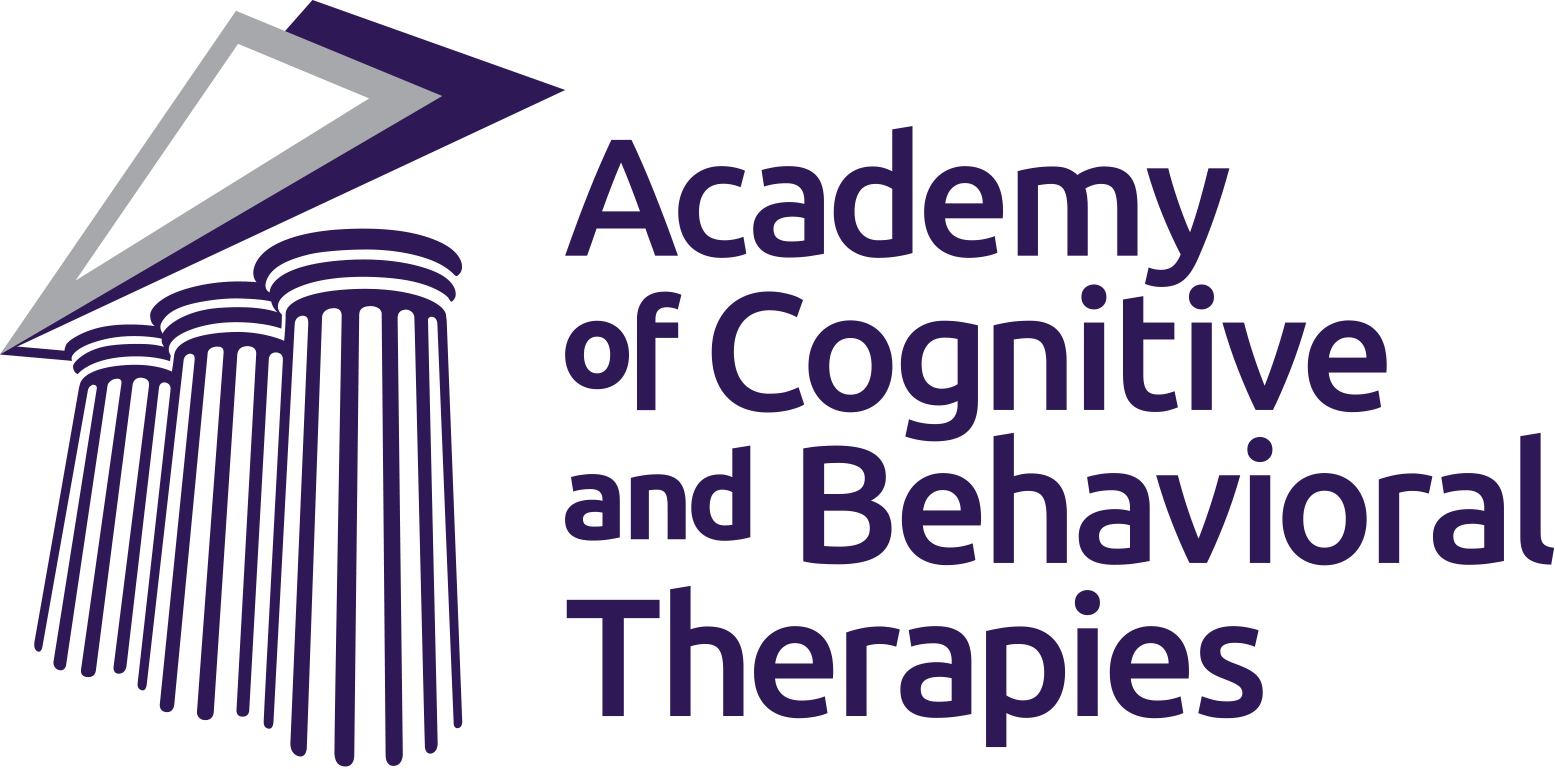CBT Resources
Discover your path to Cognitive Behavioral Therapies (CBT).
Cognitive Behavioral Therapy (CBT), is a type of psychological treatment that focuses on the relationship between thoughts, feelings, and behaviors.
In CBT, individuals work with a trained therapist to identify and challenge negative thought patterns and beliefs that may be contributing to distressing emotions and behaviors. Through this process, individuals can learn to develop more adaptive, realistic ways of thinking, and coping skills to manage difficult emotions and situations.
How can CBT help?
CBT is often used to treat a variety of mental health conditions, including anxiety disorders, depression, post-traumatic stress disorder (PTSD), and obsessive-compulsive disorder (OCD), among others. It is typically a short-term, goal-oriented therapy, with sessions lasting from a few weeks to several months.
Overall, CBT has been shown to be an effective treatment for a range of mental health conditions and can help individuals develop the skills they need to manage difficult emotions and improve their overall quality of life.
RESOURCES
-
Therapy Sessions
CBT can be delivered in individual or group settings, and is typically conducted by a licensed mental health professional, such as a psychologist or licensed therapist. Therapy sessions may be conducted in-person or online via teletherapy.
-
Self-Help Books
There are many self-help books that teach CBT techniques for managing a variety of mental health concerns, such as anxiety or depression. These books can be used in conjunction with therapy or on their own.
-
Mobile-Apps
There are several mobile apps that use CBT techniques to help individuals manage their mental health. These apps may offer features such as mood tracking, guided meditations, and cognitive restructuring exercises.
-
Online Resources
There are many websites and online resources that offer information about CBT and how it can be used to manage mental health concerns. Some of these resources may offer free self-help exercises or worksheets for individuals to use on their own.
START PURSUING YOUR CBT ACCREDITATION NOW!
CONTACT US
Phone: +215-796-0842
Email: info@academyofcbt.org
1800 John F. Kennedy Blvd.
Suite 300, PMB 92772
Philadelphia, PA 19103
EXPLORE
CBT INFORMATION
INTERESTED IN LEARNING MORE?
Contact Us
Thank you for contacting us.
Someone from our team will be in touch with you shortly.
Please try again later.

